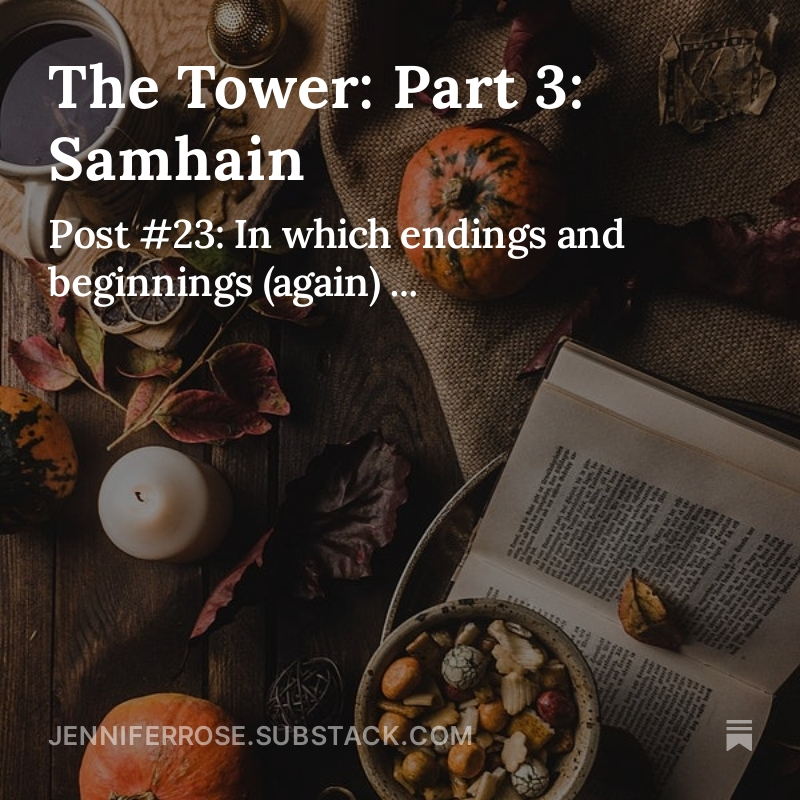In a recent conversation, someone asserted to me that ultimately everyone does what they want. I felt an immediate fury. That does not describe my life at all. I chewed on my outrage and resentment for a few weeks, simmering, until I decided to get over it and figure out why I was so hijacked.
I was immediately lost in the puckerbrush. Making choices about what we do and don’t do is intimately tied to needs and wants, and I have yet to be able to distinguish between the two once beyond the level of survival needs, or find any kind of clarity from someone else. Needs and wants are unpleasant territory I don’t want to explore. (See? There it is. I don’t want to. Yet I am, and I might need to.)
Then there’s the whole actions versus words aspect. People say they want things but don’t act accordingly. If we really want something, our behavior reflects it. If our behavior does not reflect our stated wants, we’re deceiving ourselves, or someone else, or both. I deeply distrust mixed messages. More unpleasant territory and old trauma.
Choice is in there, too. Choice is a big subject and a major theme in this blog. As I’ve mused on the statement ‘we all do what we want to do’ and made notes (you know I always make notes), I’ve wondered how we can compare a parent in some war-torn place attempting to keep their starving child alive another day with a wealthy person trying to decide if they want to fly their private plane to Paris for dinner or stay in and watch a movie in their in-home theater and have their chef prepare a seven-course meal. With wine, naturally.
One person has limited choices, all excruciating, to achieve continued survival for a few hours. The other has almost unlimited choices, all luxuries. How can I possibly compare the two? Can we say the parent trying to keep their child alive is doing what they want to do? Come on! Yet they do want to keep their child alive, right?
Perhaps it seems complicated and confusing because it’s complicated and confusing.
I wound up with a page full of notes, some sobering personal revelations, and a hairball.
On an internet search, I found articles pointing out the distinction between doing exactly what we want to do in any given moment (a toddler or a hedonist) and doing things we don’t want to do in service to an outcome we do want. That made sense to me.
If we focus on wanted outcomes rather than individual actions, we must have the ability to plan, look ahead, anticipate, and understand possible consequences of our actions. We also must attempt to predict the responses and reactions of the people around us to our actions, which means we have to understand something about emotional intelligence …
… and now we’re back in the puckerbrush. I hate predictions. I don’t like leaps of faith. (I have a magnet on my fridge that says “Leap and the net will appear.” I don’t know why I keep it. It makes me mad every time I read it. Show me the warranty on that net. Show me the weight testing. Show me the damn net, in fact. Who will set it up when I leap? Are they paying attention or looking at their phone?) I trust my intuition, but I know I can be wrong. People are unpredictable. Life is unpredictable.
And yet we humans, including me, make choices all day long every day based on what we think will or might or could happen next. I’ve written about attachment to outcomes before. As I get older I’ve replaced a lot of my desired specific outcomes with simply wanting to know I did my best, regardless of outcomes. I may not like the outcome I get, but my integrity remains intact.
And then there are the people who don’t seem to understand actions and consequences in any kind of relationship. They choose what they choose in the moment and are hurt and/or outraged to discover the downstream consequences of that choice, especially in the context of many other choices. I observe this is a frequent divide along male/female lines. Women generally see everything as connected. Men generally see most things as discrete, in their own box. This is just one reason why I think “romantic” male/female relationships can be so devastating. We are often on different pages without knowing it.
If it’s true that we all do what we want in service to a desired outcome, what happens when my choices collide with yours? If you perceive me as blocking progress to your desired outcome you’re going to feel angry, and vice versa. We’re going to want each other to make different choices aligning with our personal desires. Most of the time, people won’t do that. We’re all attached to the outcomes we want.
A big piece of this for me is emotional labor, that hidden torrent winding through my life, sweeping away incalculable energy, time, and innocence. One of my priorities is healthy relationships. Close healthy relationships require time and attention; the ability to make choices for the good of the relationship rather than considering only our own wants and needs. This is an ongoing practice, not doing something we really don’t want to do once every six months and expecting applause. It means we have to face our own demons, learn to communicate clearly and honestly, negotiate, share power, and problem solve. It means boundaries and respect. It means reciprocity.
Having learned about reciprocity, I now prioritize my relationships to the degree the other does. I will not sign up to do all the emotional labor. I’m not interested in a close relationship like that. The price is too high. I’d rather put my energy into my relationship with myself. At least I appreciate my own efforts!
My conclusion about this ‘we all do what we want’ thing (gritted teeth – it still makes me mad), is it may be true if we consider our choices in the context of outcomes. I’ve made a lot of choices out of the clear knowledge that they were simply the right thing to do, too, choices that have been terrible for me, terrible in some of their consequences, yet ultimately still were the right thing for me to do. I had no outcome in mind. I don’t regret those kinds of choices, but they left permanent scars.
I want to blame others for all the time I’ve spent doing things I didn’t want to do, but it seems what we do and don’t do are entirely in our own hands, our own responsibility. Our lives are built on the choices we make, big and small, every hour of every day. If we don’t like our lives, we need to pay attention. Perhaps the useful question to ask ourselves if we hate what we’re doing at any given moment is, “Why am I doing this?” If we’re focused on a particular desired outcome, we may need to stop and think about whether our actions are effective in getting us there. Spending years of our lives desperately hoping and trying to reach an outcome and doing things we hate is not effective. I know this from personal experience. Our wants and needs change over time; what we once longed for may no longer be something we’re interested in. Sometimes we need to reality check ourselves. If we’ve been trying to get loved, for example, or please someone for a long period of time, it might be time to acknowledge our goal is not attainable or not worth attaining. Sometimes no matter how hard we work for an outcome it’s not achievable.
Then there’s the flip side: None of us do what we don’t want to do. That one is equally hard for me to swallow, but that’s a conversation for another day.
Questions:
- How much of each day do you spend doing things you don’t want to do? Why?
- What desired outcome(s) in your life requires you to do things you don’t want to do?
- Do you see your daily choices as isolated or part of a larger context attached to your wants and needs?
- Do you feel forced to labor emotionally? What would happen if you stopped?
- Who in your life reciprocates your level of emotional labor?
Leave a comment below!
To read my fiction, serially published free every week, go here: 
© 2024, Jenny Rose. All rights reserved.



Yeah, I don’t love “we all do what we want” either. I think it’s poorly worded because it seems to imply a range of choices that most of us don’t have. (For example, when my child asks me whether we can travel to a faraway place for fun, learning, and adventure, I WANT to say yes, but have to tell her that it’s beyond our means currently. So if anyone implies that I could “just do it” with no available time or money, it makes me angry.) However, I do get the general idea of still focusing on whatever choices are available. I’ve spent a huge amount of time and effort drastically reordering my life in order to align myself more with desired outcomes and my own integrity. I do see daily choices as part of this, and I have stopped any forced emotional labor. I still do some things I hate to do, like making phone calls to giant bureaucracies in order to accomplish some other goal for basic needs (like getting health care or trying to get my leaking roof fixed). Per aspera ad astra.
Exactly! We don’t all have access to the same number or quality of choices! So often, in order to go forward, we have to do what we don’t want to do. Maybe people who assert we all do what we want to do don’t want to go forward? I don’t know. People are strange. Maybe I’m the strange one in my determination to push through!
As you so often do, you nailed it on something I’m wrestling with too.
You confirmed and articulated my unwillingness to do more of the emotional work to be in a healthy relationship than reciprocity allows/requires, that means any relationship, including my adult children.🙏again
I don’t know a woman who doesn’t struggle with this — the reciprocity of emotional labor, I mean. And yes, my children are among the worst offenders. I know it’s not deliberate, it’s just not in their awareness. C is just as bad. I feel so angry sometimes, and so hurt, and then I realize I’m allowed to step back, take care of my own needs. I can love without killing myself proving it with emotional labor. Resentment and exhaustion don’t make healthy relationships, no matter how much we want to deny it! More and more I have a “you do you and I’ll do me” attitude with everyone in my life. Thanks for commenting, Pam!